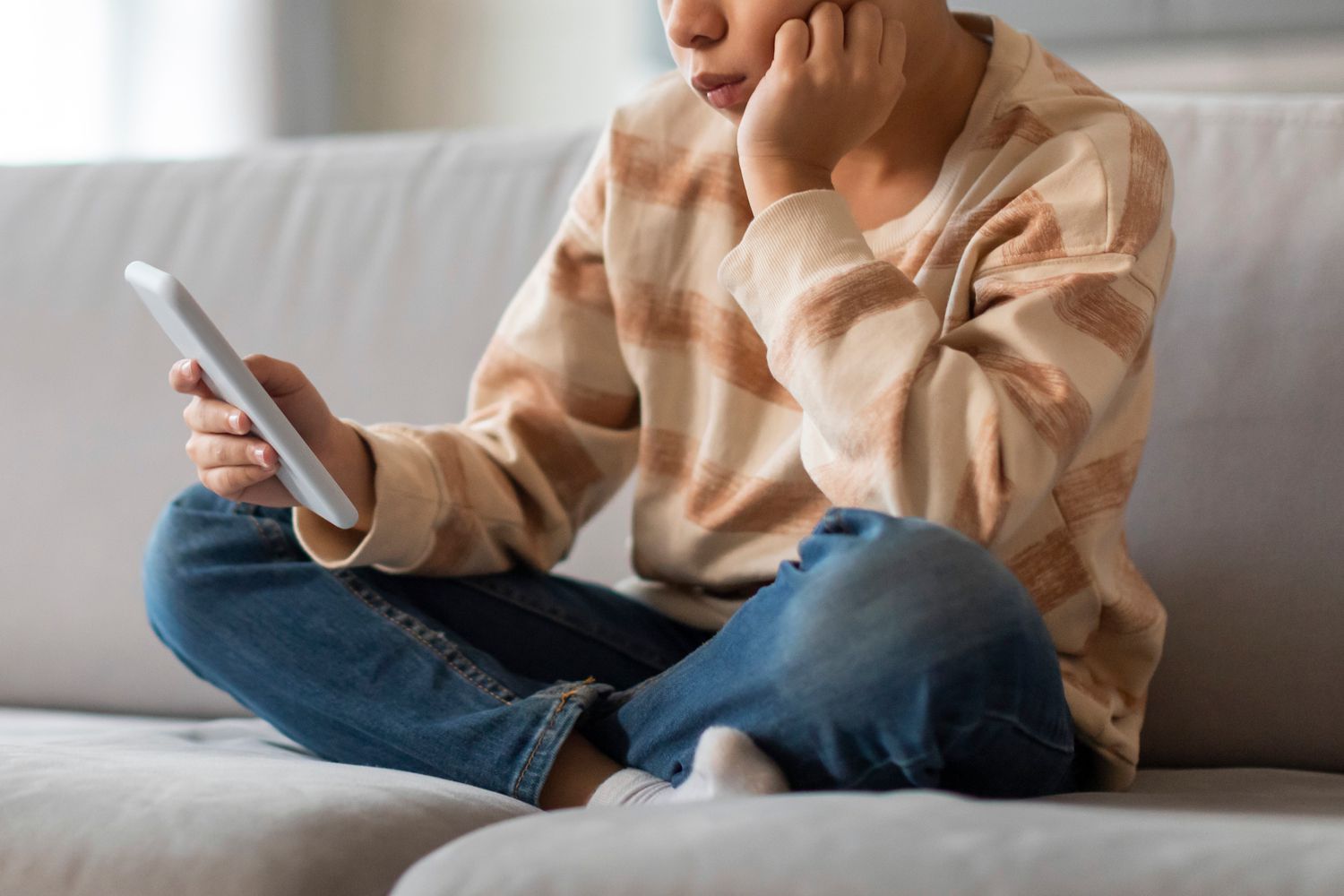NEED TO KNOW
- A comprehensive study of nearly 300,000 kids has linked increased screen time with “socioemotional problems”
- The study looked at TV, social media, online homework and gaming, and found that gaming had the strongest effect
- The study authors point out that kids “often turn to screens to cope” and don’t develop the life skills they need
Screen time — specifically, time spent on video games — has been linked to an increased risk of social and emotional disorders in children.
A comprehensive study of the data of nearly 300,000 children found that “screen use can contribute to socioemotional problems, and children with these problems are more likely to use screens as a coping mechanism. The effects appeared stronger for gaming.” The research — a comprehensive look at more than 100 other studies — was published in the journal Psychological Bulletin.
Researchers considered “screen time” to include social media, gaming, television, and doing homework online, and found that older children — aged 6 through 10 — were more likely to be negatively affected by screen time.
“Children are spending more and more time on screens, for everything from entertainment to homework to messaging friends,” Dr. Michael Noetel, PhD, an associate professor in the School of Psychology at Queensland University and one of the authors of the study, said in a press release from the American Psychological Association. “We found that increased screen time can lead to emotional and behavioral problems, and kids with those problems often turn to screens to cope.”
Discussing the study with ABC News, Dr. Tara Narula pointed out that the research looked at children who are engaging with screen time beyond the current guidelines; per the American Academy of Child and Adolescent Psychology, children aged 2 to 5 should not have more than one hour of high-quality screen time a day. Older children are encouraged to limit screens and turn them off up to an hour before bedtime.
As the study says, “there appear to be few differences between outcomes for children watching 10 and 30 min per day. For children exceeding the guidelines, there was a substantial association between their screen use and socioemotional problems.”
Dr. Narula also shared a call to action for parents: “One of the biggest things is just you have to be invested, involved, and aware of what’s going on with your kids. You have to be there for them emotionally, check in on them, and also teach them those social life skills. You want to monitor not just the amount but the quality of what they’re using it for.”
Never miss a story — sign up for PEOPLE’s free daily newsletter to stay up-to-date on the best of what PEOPLE has to offer, from celebrity news to compelling human interest stories.
Read the full article here










































